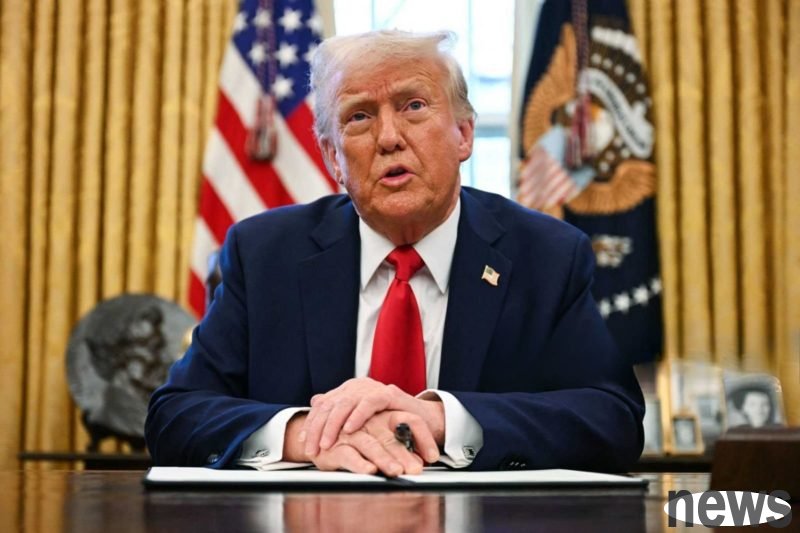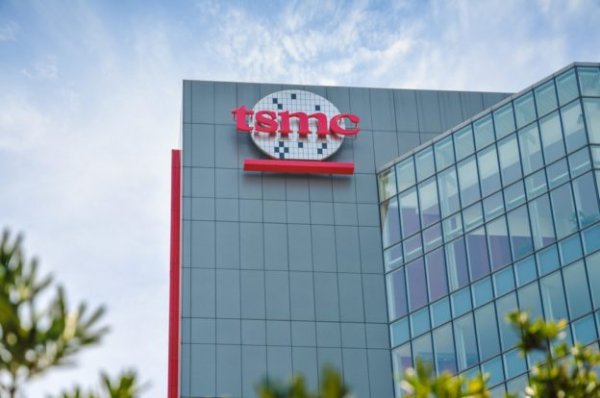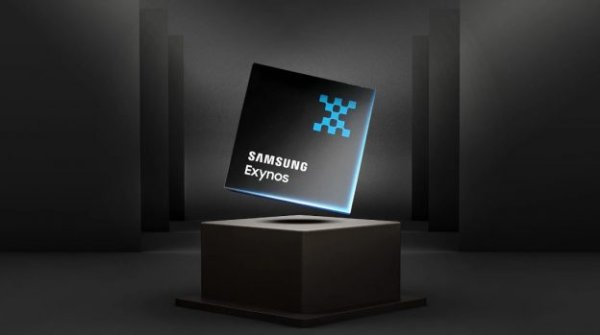Legal person: Taiwan 20% Tax rate is a tax-related outpost, and the focus is on obtaining the most favorable country terms

Regarding the matter of the Trump administration's announcement of the 20% tax rate on Taiwan, domestic legal entities said that the market confidence will definitely affect market confidence, but the real key is whether the tax related to semiconductor-related industries in the future will be able to compete for the most favorable country terms. The U.S. tax problem also really hit the 1st. The Taiwan stock market moved, with a low of more than 300 points, a drop of more than 1.2%.
The legal person stated that the White House in the United States issued a further amendment of the tax related to the relevant tax on July 31, and the tax related rate for Taiwan starting from 8/1 is 20%. Baigong said that other countries that are not taxed have a basic tax rate of 10%. U.S. Commerce Secretary Howard Lutnick said in a July 27, 2025 news release that he would announce taxes on semiconductor imports within two weeks.
In this regard, the legal person stated that Taiwan's tax rate is higher than that of Asia and Japan (15%), South Korea (15%), Thailand (19%), and Cambodia (19%), which is comparable to Vietnam's 20%. Considering that Taiwan and the United States have close trading relations and that the government has conducted formal multi-wheel negotiations with the United States before, such a tax rate will inevitably disappoint the market.
However, it is noted that this time is only an "equal tax" update, and the relevant tax rate is not applicable to the tax exemption list (Annex II) and the general preparations for the new exemption items, that is, products including semiconductors, servers, pharmaceutical raw materials, key components, minerals and chemical materials are all excluded from the new tax. This means that the current tax rate is only applicable to 25.2% of the U.S. export projects, and other units of automatic data processing equipment (such as display cards, server components, etc.) account for 47.6% of the U.S. exports (HS code 847180), server whole machines account for 25.9% (HS code 847150), laptops account for 1.2% (HS code 847130), computer components 8.2% (HS 8473), overall circuits 6.8% (HS 8542), mobile phones and other communication devices 4.1% (HS 8517), storage media Taiwan's main U.S. goods such as 1.7% (HS 8523), 0.7% (HS 3004) and other products will not be threatened by tax adjustments. In other words, this tax rate can only be regarded as an "outpost" between Taiwan and the United States and Taiwan.
However, it must be emphasized that the United States has conducted 232 surveys on semiconductors and drugs. The semiconductor tax survey is not only semiconductor products, but also semiconductor manufacturing equipment (SME) and any end products containing the above semiconductor or equipment, such as electronic devices, smart phones, data center equipment, etc. In other words, after the 232 clause is on the road, whether Taiwan and the United States can compete for the most favorable country terms that will not be worse than other countries from trade dealers that are still in progress.
US Secretary of Commerce Howard Lutnick said in a July 27, 2025 news release that it will announce taxes on semiconductor imports within two weeks. Moreover, generally speaking, after the survey results are released, the general will decide whether to collect taxes within 90 days, and the tax rate will take effect after a notice period. This means that if the Trump administration announces the results of the semiconductor investigation in early August and quickly completes the decisions and announcements, new semiconductor taxes may be implemented as early as mid-September to early October.




